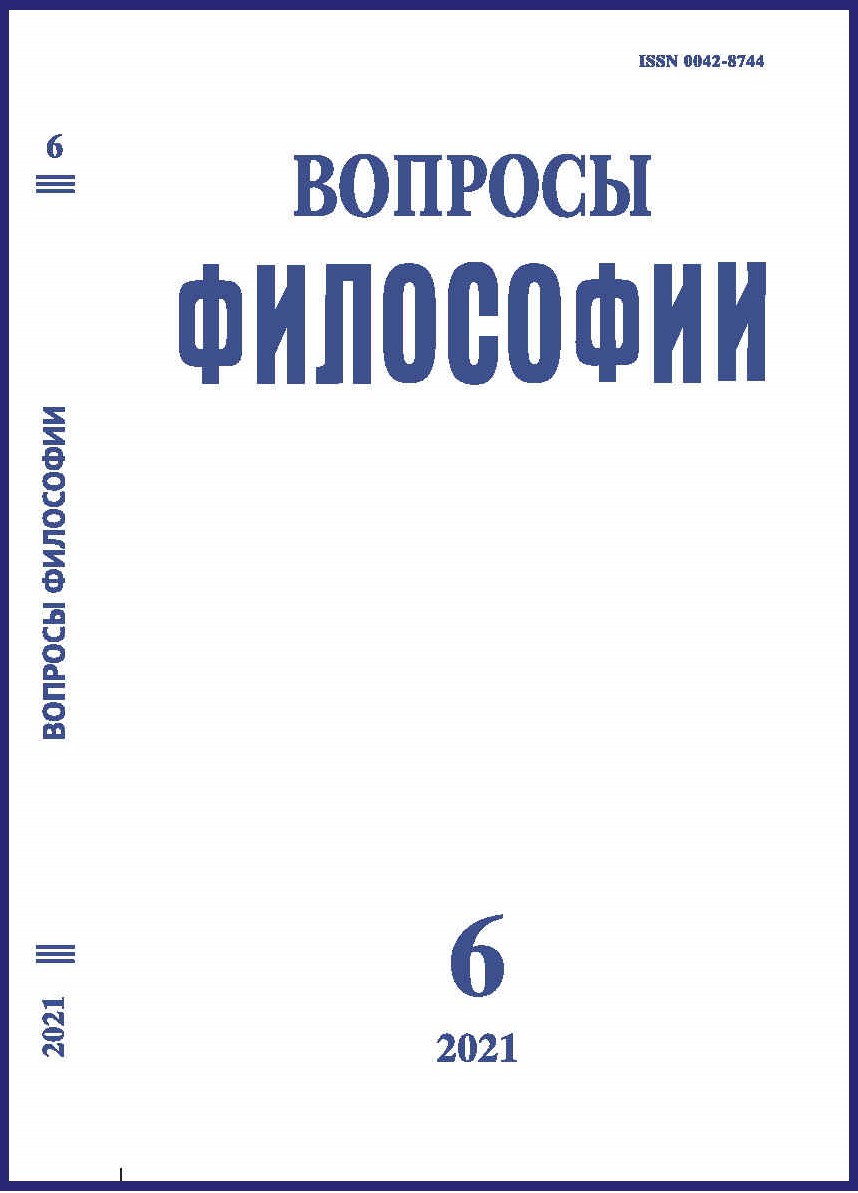Shinran’s Hymns on Bodhisattva Nagarjuna and Vasubandhu
DOI:
https://doi.org/10.21146/0042-8744-2021-6-173-180Keywords:
Shinran, Honen, Nagarjuna, Vasubandhu, Hymns of Pure Land Masters (Jōdo kōsō wasan), Hymns on seven Masters (Shichi kōsō wasan), hymns in Japanese (wasan)Abstract
Hymns of Pure Land Masters (Jōdo kōsō wasan) or Hymns on seven Masters (Shichi kōsō wasan) were written by Shinran (1173–1262), founder of “True Faith Pure Land” school (Jōdo Shinshū), in 1248 at the age of 75 years. In 1473 the school’s eighth hierarch Rennyo (1415–1499) published the text in woodcut. The collection of hymns consists of 119 stanzas, devoted to seven eminent monks: Nagarjuna and Vasubandhu of India, T’an-luan, Tao-ch’o and Shan-tao of China, and Genshin and Genkū of Japan. Shinran’s hymns in Japanese were included in the canon of school’s sacred texts and were recited during morning and evening services. In this publication translation in Russian of hymns in Japanese devoted to Indian monks Nagarjuna (ten stanzas) and Vasubandhu (ten stanzas) are presented. Shinran called Nagarjuna the original teacher (honshi) and also bodhisattva (bosatsu), as well as Vasubandhu. Shinran describes in poetic form necessary biographic data as well as school’s doctrinal provisions developed by these Indian patriarchs.

